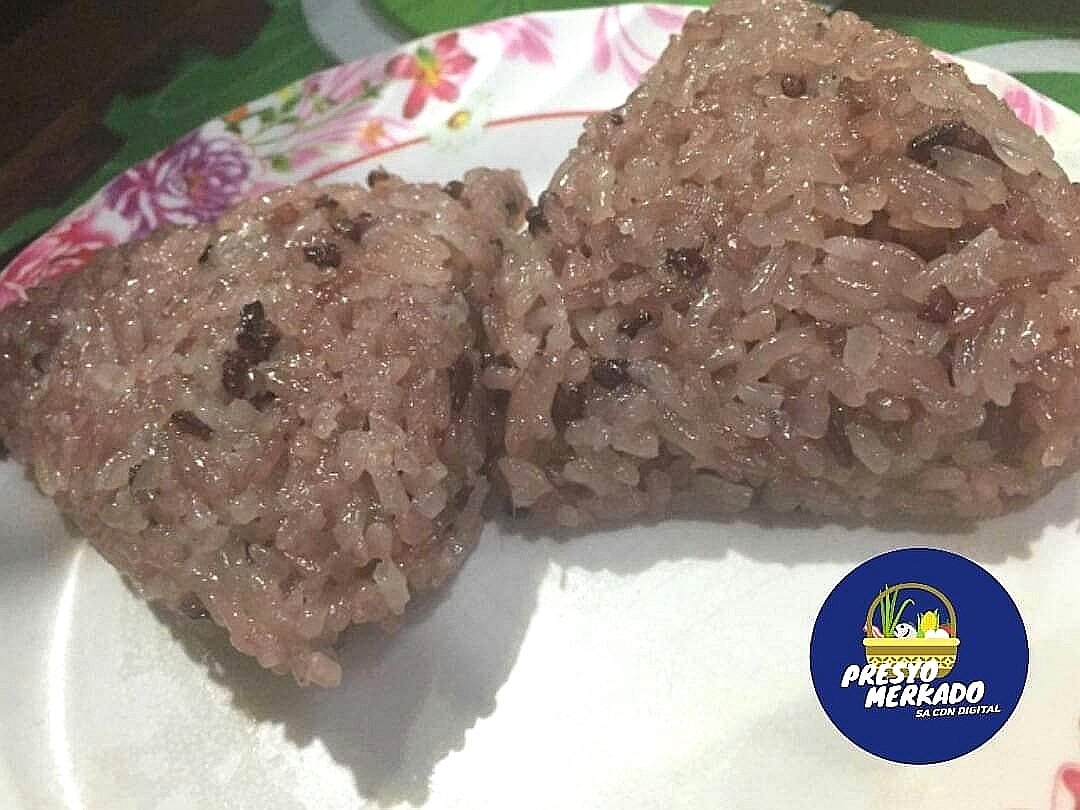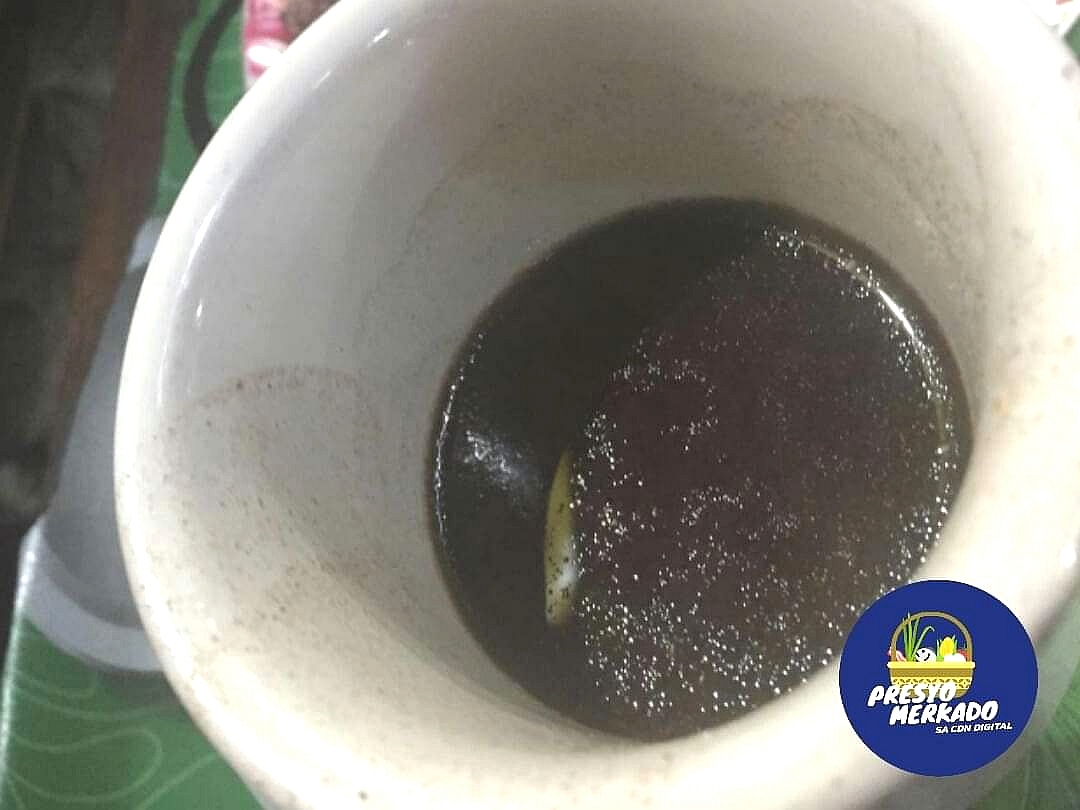
CEBU CITY, Philippines — For Cebuanos, there are two words associated with eating or drinking something in the morning: painit and pamahaw.
Painit, which literally means something to warm the stomach, is the food or drink that is consumed before the real meal. Pamahaw, on the other hand, is the breakfast itself.
Painit could be coffee, bread or the favorite combination of puto and sikwate. If you are lucky, and if the budget permits, then the pair becomes a trio along with slices of sweet mangoes.
Puto and sikwate are sold in public markets.
At the T. Padilla Public Market, a serving of puto is sold at P10 while a cup of sikwate is sold at P5.1
Cebu City’s Carbon Public Market has an entire section dedicated to puto and sikwate, where a serving of puto is only P15 and sikwate can be enjoyed for P3 (half cup) and P5 (one cup).
Food author Louella in the book Hikay: The Culinary Heritage of Cebu wrote that in the rural areas, the “time for meals is reckoned not by the watch but by the position of the sun in the sky.”
“Even today, a farmer’s wife will say the sun is coming-out, it is time to serve painit, this is not breakfast but literally something hot to warm the stomach after rising. Or she will say palis na (meaning the sun has gone down), maghikay na kog panihapon (I will prepare supper),” she writes.
Alix further writes that terms for meals show a close awareness to nature.
For example, pamahaw means that it is a meal eaten when the sun (adlaw) appears in the morning.
Paniudto (lunch) is meal eating at noon (udto).
Panihapon (supper) is eaten in the afternoon because there was no electricity in the olden days which means that they have to eat before the dark sets in.
Nakapainit o nakapamahaw na ba mo karong buntaga? / celr
Disclaimer: The comments uploaded on this site do not necessarily represent or reflect the views of management and owner of Cebudailynews. We reserve the right to exclude comments that we deem to be inconsistent with our editorial standards.

